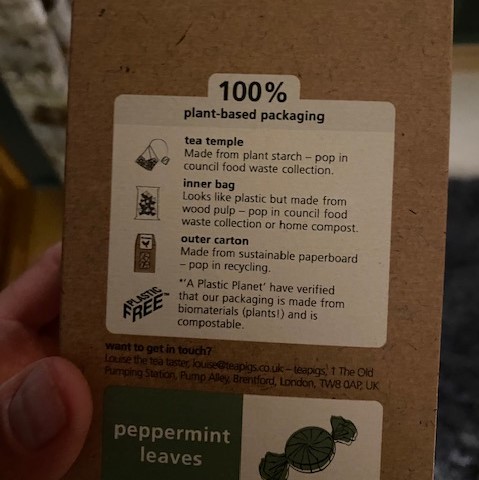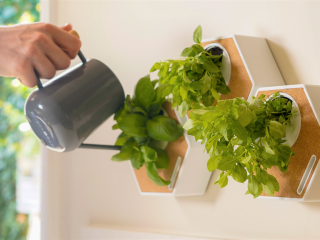I was pleased to hear reports that the Prime Minister when speaking to a young audience, in the build up to COP26, said that recycling plastics doesn’t begin to fix the climate problem and that instead we should be cutting down our use of plastic. It is a point of view I have held for a long time and one I have tried to highlight a number of times. Interestingly the reports today (BBC) on this don’t concur with my reasoning. Instead it focused on the impact recycling has on CO2 emissions each year per person saying that while living without a car or cutting long-haul flights would be about 2 tonnes for each action, recycling is at the bottom of the list at 0.1 tonnes.
Another point the PM does make is Coca-Cola, by way of an example, is creating a huge amount of single use plastic globally by promoting plastic bottles, rather I assume than their original glass alternatives or aluminium cans – both of which are infinitely recyclable whereas plastic can only be recycled a few times. Plastic cannot be easily recycled as it is often not achieved through food contamination or lacking the necessary facilities. The UK for years have shipped this problem to other countries who also don’t have credible recycling capabilities and hence given it the opportunity to enter the environment through illegal dumping.
I believe plastic is an amazing material and one we depend on every day to live our lives. However single use plastic is the product that causes all our main issues in that it is not easily recycled and if it isn’t ends up being dumped and entering the ecosystem. However there is no need for single use plastic in my view and instead we should harness technologies that exist today that eradicate the need for it. The problem is the conversation around ‘recycling’ confuses the debate meaning people feel recycling plastic works and hence stops us, as consumers, from demanding a better way.
Firstly we don’t need single use plastic in our packaging, especially in relation to food. We need to be using starch based plastics which degrade overtime but to do that effectively we need to be talking about composting and not recycling. A lot of the new technologies with plastic alternative materials made from plants, rather than hydrocarbons, need industrial composting to speed up the decomposition process which otherwise might see your sandwich wrapper fall apart in your hands. However without industrial composters we lack the tools to quickly turn this waste into usable, and CO2 free compost. At the moment the plant based plastic can be dumped, and while it will break down over time (much faster than traditional plastic), it is not the best location for it as dumps, due to their makeup (i.e. lack of oxygen), prevent composting rather than promote it.
The other benefit for industrial based composting is you can compost it even with food all over it so not only can paper, card and other items be included but items that aren’t a good idea for home composting such as meat, dairy and fish scraps can be included. That is because industrial composting is a multi-step, closely monitored process mearing the water, air and carbon/nitrogen levels are strictly controlled producing much needed compost. And this is the beauty of the loop is that councils across the country would be producing quantities of nutrient rich compost for homes, businesses and most importantly farmers to utilise.
So with a bit of focus if we would move our supply chains to focus on plant based plastics we could swap our black bins for composting bins and keep the recycle bin for items like batteries, glass, aluminium and other items dramatically reducing our need to utilise landfill and freeing up our need to export tons of waste overseas.





Leave a Reply